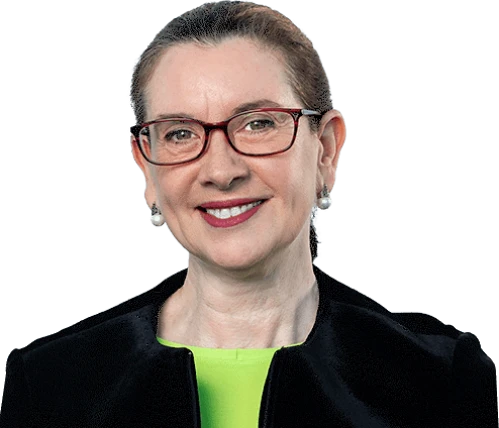A Better Culture is an entity that aims to cultivate systematic and sustained behavioural change across the healthcare sector.
It was formed to address the adverse findings relating to bullying, harassment, racism and discrimination identified in the 2021 and 2022 Medical Training Surveys.
A Better Culture was formed by the Royal Australasian College of Medical Administrators (RACMA) and funded through repurposing of specialist training program funds.
Improving psychosocial safety for healthcare workers was a priority
Previous work had revealed that workplace culture in healthcare settings was falling short of the standards that employees and patients expect. The impact of these issues ripple outwards, from individuals in health services to the occupational health and safety of the entire healthcare workforce.
A Better Culture asked us to work with it to develop insights and recommendations to drive change. We were invited to undertake a study into how leaders in Australian healthcare experience organisational cultural challenges and foster a better professional environment for health practitioners.
We spoke to leaders about problems – and solutions
Healthcare leaders play pivotal roles in shaping organisational culture and driving systemic change.
To understand the experience and attitudes of medical administrators, we interviewed 20 experienced healthcare leaders who hold either a RACMA fellowship or associate fellowship. These interviews explored issues undermining the psychological safety of health professionals and investigated solutions these professionals had experienced.
By exploring the firsthand accounts of healthcare leaders, the study aimed to shed light on the effectiveness of current policies and initiatives, identify gaps in organisational responses, and highlight areas for improvement.
We identified seven levers influential in driving cultural change within healthcare institutions.


Our findings activate levers for cultural change
In our report, we delivered findings across each of the seven levers for cultural change:
- Leadership is about the balance between a strong policy and a human touch. Both formal and informal leaders should recognise and cultivate leadership and management skills.
- Workplace Behaviours stress the significance of training on communication across hierarchy and feedback mechanisms.
- Healthcare Workforce psychosocial health is paramount. Emphasis on addressing maladaptive stress responses and advocating for better working conditions was evident.
- Recognition and Consequences. Collaboration, awareness of reporting barriers, and ensuring just, timely, and visible responses to issues are essential.
- Barriers to Change highlighted the importance of collaboration with government and healthcare entities and the need for resourcing for culture change activities.
- Enabling Workplace Structures underscored the potential of mentoring and innovative care models to promote team cohesion.
- Monitoring and Evaluation can be enhanced by leveraging direct and indirect measures employed by experienced healthcare leaders.
We also provided five recommendations that will enable RACMA to achieve a sustained change in Australian healthcare culture.
RACMA publicly released our report, “Qualitative Research for Culture Change”, in 2023.
What you can learn from this project
Understanding problems and solutions requires speaking to people at the frontline of a professional to tap into their experiences.
A qualitative research methodology can provide powerful insights into organisational policy and advocacy.
Nous’ Seven Levers for Cultural Transformation provides a comprehensive inventory to inform sustained change.



